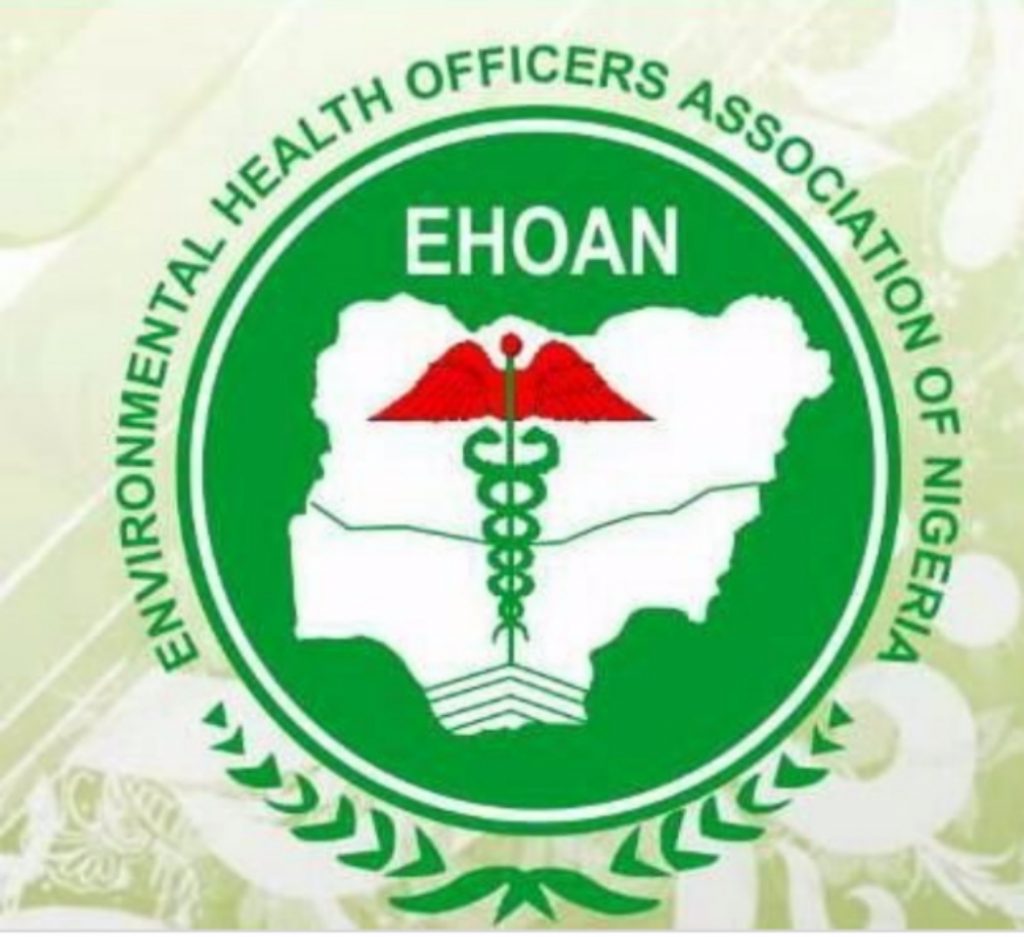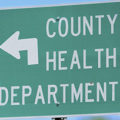Environmental health is regulated by the Environmental Health Officers Registration Council of Nigeria. Nigeria formulated its first national policy on the environment in 1991. It was revised in 1999, and seventeen years down the lane, it is due for another revision in order to capture emerging environmental issues and concerns. Thus, the purpose of this National Policy on the Environment is to define a new holistic framework to guide the management of the environment and natural resources of the country. As a framework document, it prescribes sectoral and cross-sectoral strategic policy statements and actions for the management of the country’s environment for sustainable development. In addition to the existing 1991 and 1999 draft policy documents, this Policy derives its strength from the fundamental obligation for the protection of the environment as stated in section 20 of the Constitution of the Federal Republic of Nigeria 1999 which provides that the “State shall protect and improve the environment and safeguard the water, air, and land, forest, and wildlife of Nigeria”. In addition, Nigeria is a party to several international treaties and conventions governing environmental issues. It is on the combined thrust of these instruments that the National Policy on the Environment rests.
Environmental health was unregulated until 2002 when the government decided to grant it professional recognition through the enactment of the Environmental Health Officers (Registration, etc) Act 11 of 2002. The Act established the Council charged with the responsibility of regulating the Environmental Health profession in Nigeria. The specific objectives of the Council include:
- determining what standards of knowledge and skill are to be attained by persons seeking to become members of the profession of Environmental Health and improving those standards from time to time as circumstances may permit;
- securing in accordance with the provisions of the Act the establishment and maintenance of a register of persons registered under the Act as members of the profession and the publication from time to time of lists of those persons;
- conducting examinations in the profession and awarding certificates or diplomas to successful candidates as appropriate and for such purpose, the Council shall prescribe fees to be paid in respect thereof, and
- performing the other functions conferred on the council by the act.
Environmental Health is a major branch of public health, which plays a significant role in disease prevention, control, and the sustenance of environmental integrity. It has been defined as ‘the control of all factors in man’s physical environment which exercise, or may exercise, a deleterious effect on his physical development, health or survival’. Environmental Health, therefore, is a broad concept in public health, which is ‘the science and art of preventing disease, prolonging life and promoting health through organized efforts of the society.
The outcome of environmental health organization is the prevention, detection, and control of environmental hazards which affect human health through the following functions as specified by the World Health Organization:-
1. waste management;
2. food control and hygiene;
3. pest and vector control;
4. environmental health control of housing and sanitation;
5. epidemiological investigation and control;
6. air quality management;
7. occupational health and safety;
8. water resources management and sanitation;
9. noise control;
10. protection of recreational environment;
11. radiation control and health;
12. control of frontiers, air, and seaports, and border crossing;
13. pollution control and abatement;
14. educational activities (health promotion and education);
15. promotion and enforcement of environmental health quality standards;
16. collaborative efforts to study the effects of environmental hazards (research);
17. environmental health impact assessment. (EHIA).
Following the establishment of the Council, efforts were made to raise the level of environmental health practice in the Country. This is because environmental health has continued to play a major role in disease prevention, control, and the sustenance of environmental integrity worldwide. The reality agreed by experts that over 70% of diseases causing the highest morbidity and mortality in the country are environment-related, making the control of environmental health practice crucial in the efforts of the government to alleviate poverty and achievement of the Millennium Development Goals.
The realization that many practitioners of environmental health do not even know that their practice constitutes environmental health practice has compounded the task of regulating their practice. It is in an effort to ensure that the most basic of all the practices in the area of environmental health are regulated and the minimum standard of practice established that has necessitated the issuance of the National Environmental Health Practice Regulation 2007.
These regulations were expected to control most basic environmental health practices, ensuring that minimum practice guidelines for such services like Public Health Pest Control, Cleaning Services, waste collection and transportation, and Inspection of Premises are practiced within the minimum standards approved by the Council. It is hoped that strict adherence to these Regulations will equally give the needed support to genuine practitioners to further invest in the delivery of environmental health services to create employment and enhance growth within the sector.
To further explain the regulations, the Council has developed National Guidelines on Environmental Health Practice in Nigeria in 2006. The purpose of this document is to provide guidelines to Registered Environmental Health Officers, licensed operators of Environmental Health services to ensure a high standard of hygiene and sanitation in their service delivery.
It is hoped that by the time genuine operators are encouraged and quacks and other charlatans excluded from the practice of environmental health, the level of service delivery will increase and improve.
EHOs are well placed to participate meaningfully in new approaches to environment and health management. The profession has sub-professional groups that must work under the supervision of the EHOs. These cadres include:
i.) Environmental Health Technicians
ii.) Environmental Health Assistants.
The challenges posed to mankind by inadequate management of environmental factors, emerging and re-emerging of infectious diseases in our communities, have necessitated the need to regulate the profession and strengthen the professionals.
To perform environmental health functions effectively, the EHO requires:
(i) investigative skill;
(ii) analytical skill;
(iii) communicative skill;
(iv) educative skill;
(v) organizational skill, and
(vi) attitudinal skill. See List Of School Of Health Technology In Nigeria






